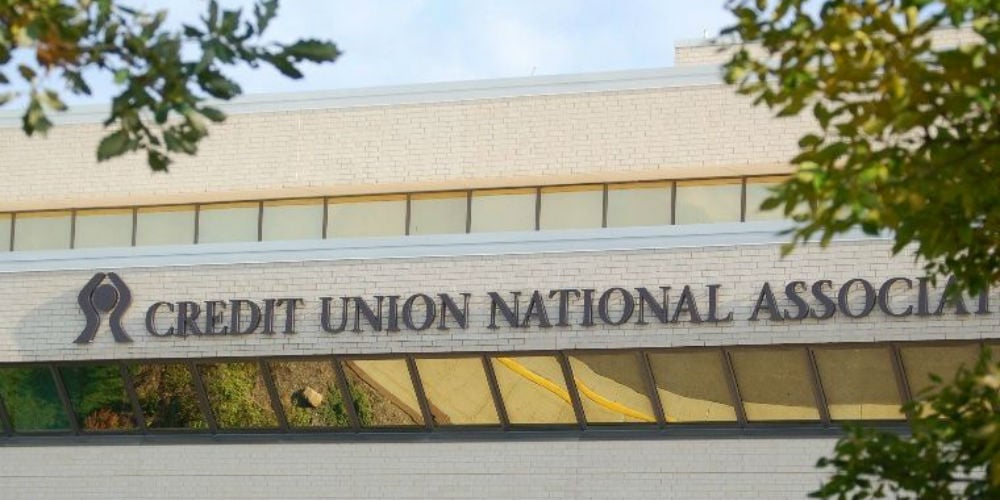What happens in Basel doesn’t stay in Basel, and that could be a good thing

The Basel Committee on Banking Supervision is the primary global standard setter for regulation of internationally active banks. So, naturally, what this group does doesn’t affect credit unions, right? Wrong. Well, maybe it affects credit unions in other countries, but surely the work of the Basel Committee doesn’t impact U.S. credit unions, right? Wrong again.
Notwithstanding the mandate of internationally active banks, the Basel Committee has an impact on credit unions here in the United States and around the world. Look no further than NCUA’s risk-based capital rule, which adopts a Basel approach for U.S. credit unions.
Even the Basel Committee acknowledges its standards are not meant for small, non complex institutions, like credit unions. From Basel I through the current standards, Basel III, the Committee focused on the capital adequacy of “international banks” only, with no expectation that the rules would apply to other banks.
But they have been. Regulators in the United States and elsewhere apply these standards to financial institutions of all sizes and complexities, in part, because the Basel Committee is composed of representatives of central banks and supervisors from 28 jurisdictions, it is easier to have one standard and using the Basel Committee’s approach may insulate them from blame in the event of a national-level financial crisis. In other words, regulators — including the FDIC, OCC, Fed, Treasury, and yes, NCUA — pay attention to what the Basel Committee does and says.
continue reading »




